Get Cesspool Installation in Denver, CO
Cesspool installation services help Denver property owners address sewage waste management by connecting them with local contractors who install, repair, or upgrade cesspools for residential or commercial projects.
If you’re considering a cesspool installation in Denver, CO, you’re in the right place to explore your options. Property owners often look into this work when developing new properties, upgrading aging systems, or managing land where traditional sewer connections aren’t available. Understanding the practical aspects of planning such projects can help ensure you choose the right approach for your property’s needs, whether that involves evaluating local contractors or assessing site-specific requirements.
Continuing to compare local service providers can provide valuable insight into the different solutions available for cesspool installation. Experienced local contractors understand the unique considerations of Denver’s soil conditions and regulatory environment, helping property owners make informed decisions. Keep reading to discover how connecting with qualified professionals can support your project’s success and ensure your property’s infrastructure is set up to meet your needs.
- Cesspool Installation - needed when building a new home or upgrading an aging waste management system in neighborhoods like Capitol Hill or Cherry Creek.
- Cesspool Replacement - required when existing systems fail or become inefficient in areas with outdated infrastructure.
- Septic System Conversion - appropriate for properties transitioning from sewer connections to a cesspool in residential communities around Aurora.
- Septic Tank Maintenance - necessary for ongoing upkeep and inspection of cesspools in rural parts of Denver or nearby towns.
- Emergency Cesspool Repairs - needed when issues like backups or leaks occur unexpectedly in homes across the Denver metro area.
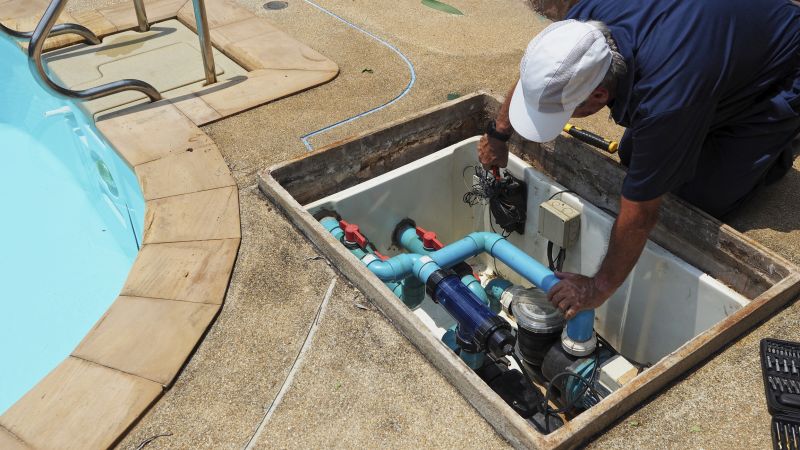
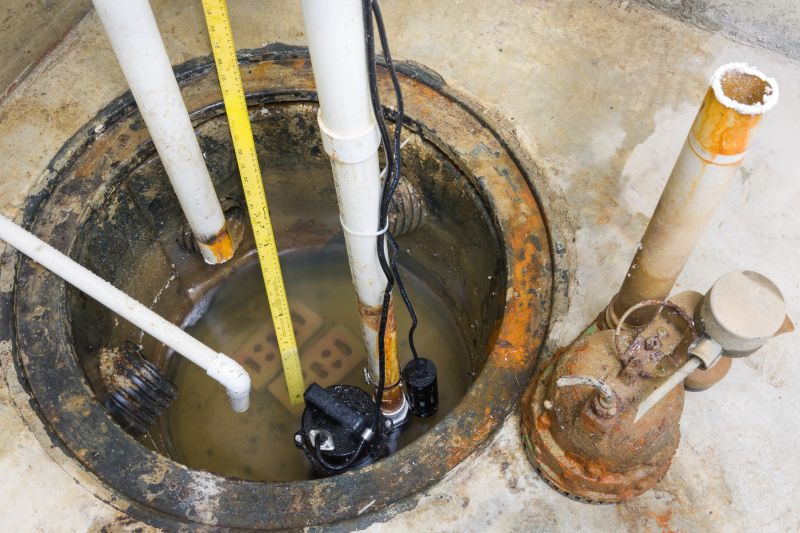
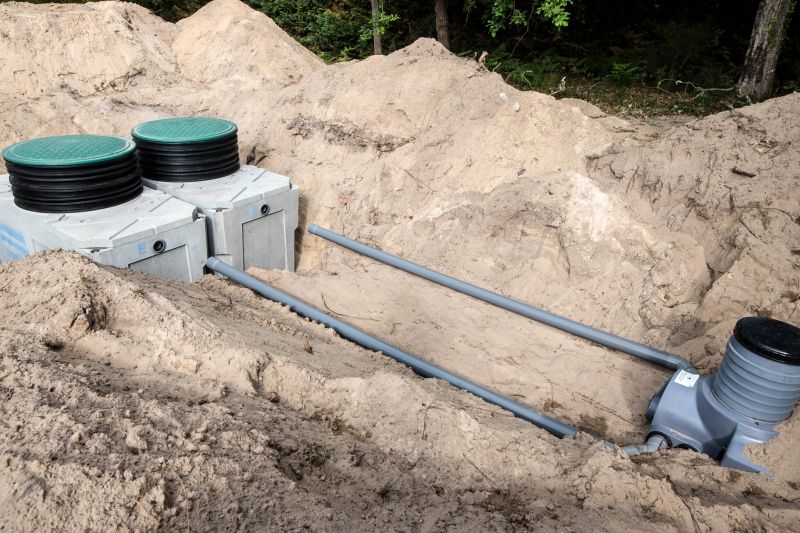
Cesspool installation services involve setting up a private underground wastewater treatment system designed to handle sewage for properties that are not connected to a municipal sewer system. This process typically includes excavating the site, installing the cesspool tank, and connecting it to the property's plumbing system. The goal is to ensure that wastewater is safely collected and stored in a manner that prevents contamination and odors, providing a functional solution for homes or businesses in areas where sewer lines are unavailable or impractical to connect to.
These services are essential for addressing common problems associated with outdated or failing septic systems, such as sewage backups, foul odors, or groundwater contamination. A properly installed cesspool can help prevent health hazards by containing waste securely and reducing the risk of leaks or overflows. Service providers can also assist with repairs or upgrades if existing cesspools are no longer functioning effectively, ensuring the property remains compliant with local health and safety standards.
Properties that typically use cesspool installation services include rural homes, vacation cabins, or properties situated in remote or undeveloped areas where municipal sewer access is limited or nonexistent. Additionally, some commercial properties or facilities in less populated regions may rely on cesspools as a practical waste management solution. Homeowners should consider this option if their property’s location makes connecting to municipal sewer lines difficult or if existing systems require replacement or expansion.
Understanding when to consider cesspool installation can help prevent costly repairs and environmental issues down the line. If a property experiences persistent sewage odors, frequent backups, or signs of system failure, it may be time to explore a new cesspool setup. Local service providers can evaluate the property’s specific needs, recommend appropriate solutions, and handle the installation process efficiently. This ensures that wastewater is managed safely and effectively, supporting the health and functionality of the property.
The overview below groups typical Cesspool Installation projects into broad ranges so you can see how smaller, mid-sized, and larger jobs often compare in Denver, CO.
In many markets, a large share of routine jobs stays in the lower and middle ranges, while only a smaller percentage of projects moves into the highest bands when the work is more complex or site conditions are harder than average.
Smaller Repairs - Routine repairs like fixing a leak or replacing a valve typically cost between $250 and $600. Many minor jobs fall within this range, depending on the extent of the work and parts needed.
Standard Cesspool Installation - Installing a new cesspool usually ranges from $3,000 to $7,000 for most homes in Denver and surrounding areas. Larger, more complex projects can reach $10,000 or more, especially for deeper or custom installations.
Full System Replacement - Replacing an entire cesspool system often costs between $8,000 and $15,000. Many projects fall into this middle range, but extensive or high-capacity systems can push costs higher.
Additional Site Work - Site preparation, permits, and soil testing can add $1,000 to $3,000 to the overall project. These costs vary based on site conditions and local regulations, with most projects staying within this range.
Actual totals will depend on details like access to the work area, the scope of the project, and the materials selected, so use these as general starting points rather than exact figures.
Septic Tank Replacement - local contractors experienced in septic system upgrades often handle cesspool replacements, requiring similar excavation and installation skills.
Drain Field Installation - professionals who install or repair drain fields work closely with cesspool systems, sharing expertise in soil assessment and underground piping.
Sewer Line Repairs - repairing or replacing underground sewer lines involves similar planning, excavation, and troubleshooting skills as cesspool installation projects.
Stormwater Management Systems - designing and installing stormwater drainage solutions requires site assessment and underground piping skills comparable to cesspool setup.
Water Line Installation - installing new water lines involves excavation and underground work similar to cesspool system installation and maintenance.
Gravel Driveway Construction - preparing and grading land for gravel driveways shares site preparation and excavation techniques with cesspool installation projects.
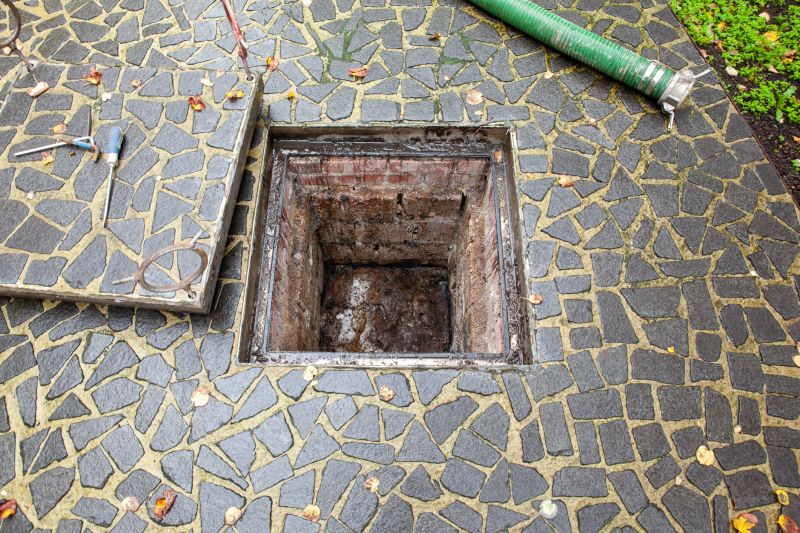
When comparing service providers for Cesspool Installation in Denver and nearby areas, it’s important to consider their experience with similar projects. Homeowners should look for local contractors who have a proven track record of handling cesspool installations in settings comparable to their own properties. Asking about the types of projects they have completed can provide insight into their familiarity with local soil conditions, regulations, and installation techniques. This helps ensure that the contractor understands the specific challenges that may arise and can deliver results that meet expectations.
Clear, written expectations are essential when choosing a contractor for this type of work. Homeowners should seek service providers who can offer detailed descriptions of their process, materials, and responsibilities in a written format. This documentation helps establish a shared understanding of the scope of work, timelines, and any necessary preparations. Having these details in writing can prevent misunderstandings and serve as a reference throughout the project, fostering a smoother experience from start to finish.
Reputable references and effective communication are also key factors in selecting a reliable contractor. Homeowners are encouraged to ask potential service providers for references from previous clients with similar projects. Contacting these references can reveal insights into the contractor’s professionalism, reliability, and quality of work. Additionally, good communication-characterized by prompt responses, clarity, and transparency-helps ensure that questions are answered and concerns addressed throughout the process. Remember, the site connects homeowners with local professionals capable of performing the work, but it does not perform the installation itself.
Property owners in Denver, CO use Cesspool Installation services for practical projects around their homes and businesses. This guide focuses on everyday jobs and straightforward project options.
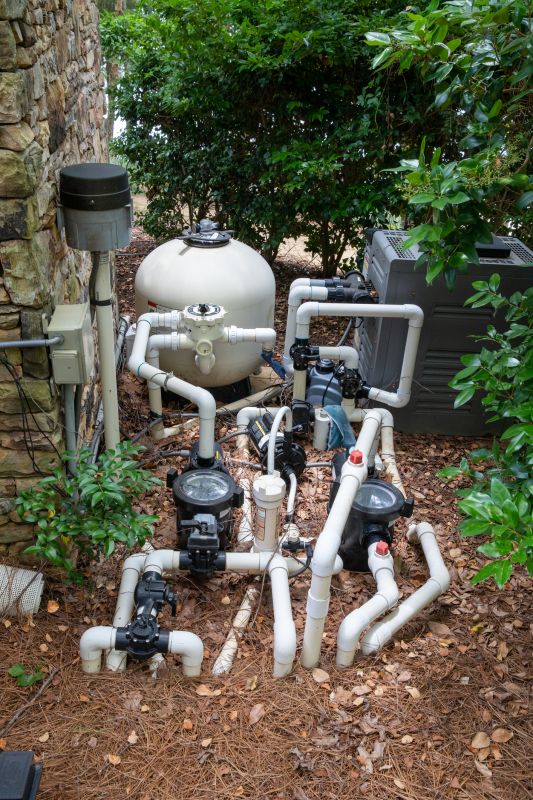
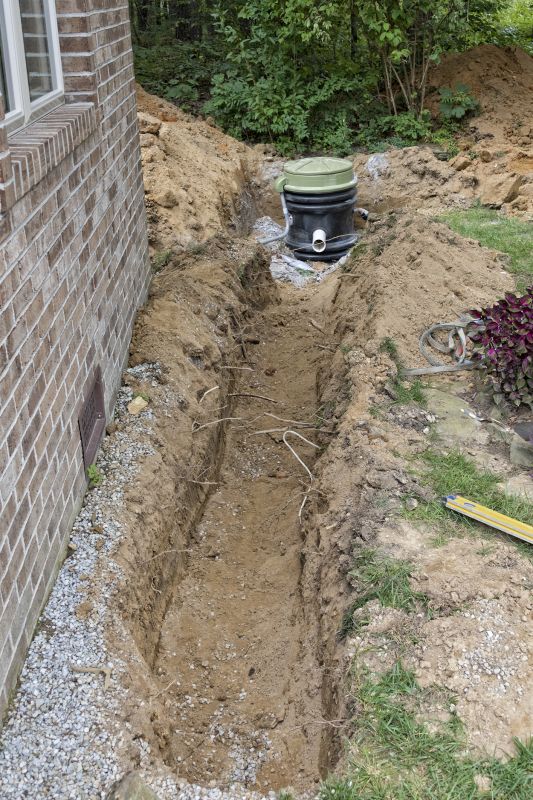
Cesspool installation services are often needed when property owners in Denver, CO, are planning to build a new home or upgrade an existing septic system. In areas where municipal sewer connections are not available, a properly installed cesspool can provide an effective solution for wastewater management. Homeowners may seek out local contractors to ensure the job is done correctly, especially for properties that require a reliable and long-lasting septic system to meet local regulations and environmental standards.
Additionally, property owners might look for cesspool installation services when experiencing issues with their current system, such as frequent backups or foul odors. Regular inspections and timely upgrades can help prevent costly repairs down the line. Local service providers are equipped to handle these projects, offering the expertise needed to install or replace cesspools that suit the specific needs of homes and businesses in Denver’s unique terrain and soil conditions.
What is involved in installing a cesspool? Cesspool installation typically includes excavating the site, installing the tank, and connecting it to the existing plumbing system, with local contractors handling each step.
Are there different types of cesspools available? Yes, various types of cesspools exist, such as concrete or plastic tanks, and local service providers can recommend suitable options based on property needs.
What permits are needed for cesspool installation? Permitting requirements vary by location, and experienced local contractors can help ensure all necessary approvals are obtained before installation.
How do I prepare my property for cesspool installation? Preparing your property involves clearing the area and providing access for equipment, which local pros can assist with to ensure a smooth process.
What maintenance is required after a cesspool is installed? Regular inspections and pumping are recommended to keep the cesspool functioning properly, with local service providers offering maintenance services.
Septic System Upgrades - Property owners can upgrade their existing cesspools to improve capacity and functionality for growing households or new additions.
New Construction Installations - Builders and homeowners planning new developments can rely on local contractors to install cesspools that meet site-specific needs.
Maintenance and Inspection - Regular inspections and maintenance services help property owners ensure their cesspools operate properly and prevent potential issues.
Replacement Services - When a cesspool reaches the end of its lifespan, property owners can work with local contractors to replace it efficiently and safely.

If you are thinking about Cesspool Installation for a property in Denver, CO, this guide is meant to help you understand the work, the typical project types, and how different options might fit your plans.
When you are ready, you can use the quote form on this page to share a few details about your project. From there, local pros can review the basics and respond with options that match what you have in mind.
